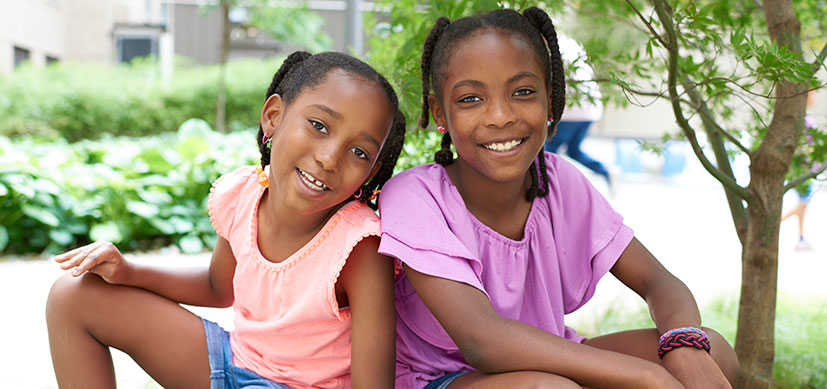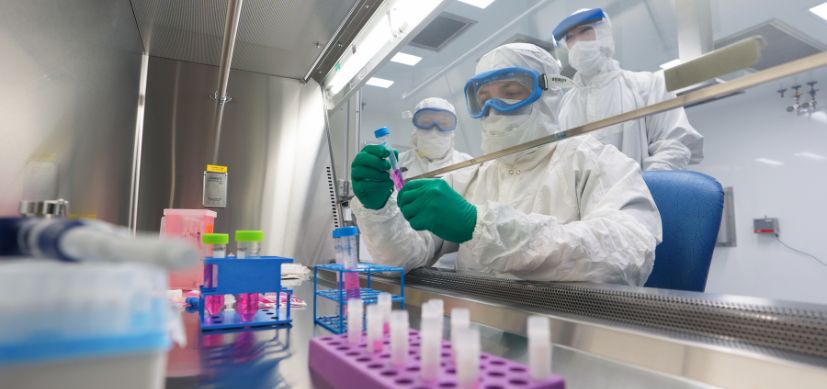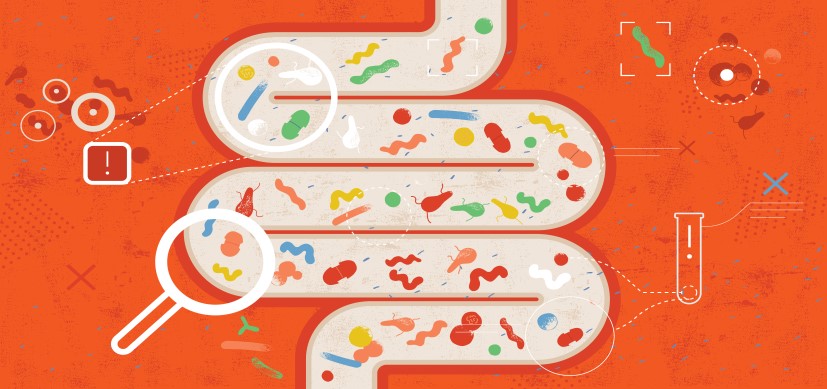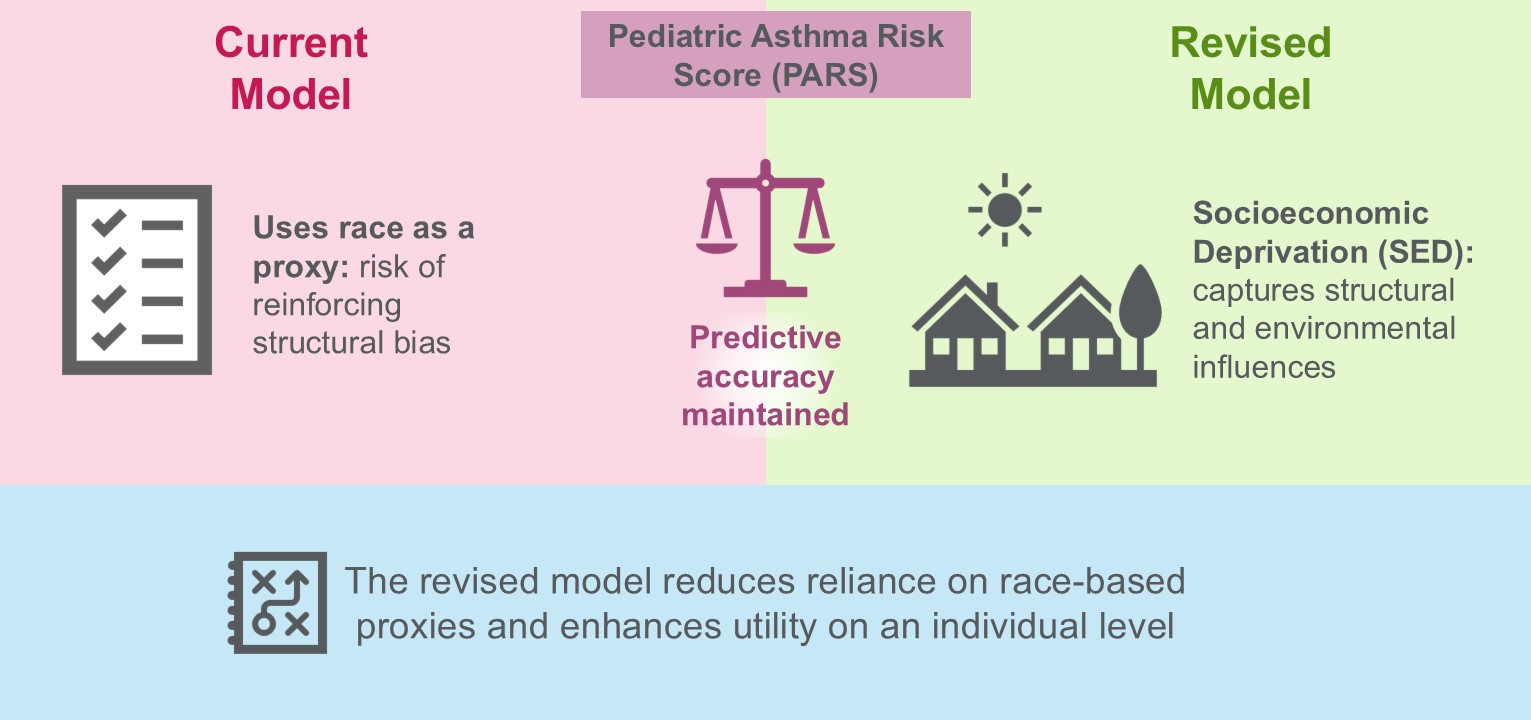How COVID-19 Can Affect a Child’s Brain
Post Date: June 14, 2022 | Publish Date:
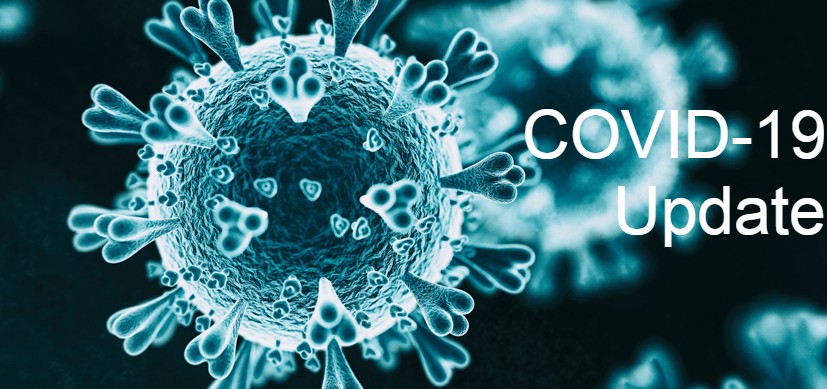

As COVID vaccines become available for children younger than 5 years old, pediatric neurologist Marissa Vawter-Lee, MD, addresses questions about how a developing brain can be impacted by the virus.
After a COVID infection, how often do children experience brain fog, memory issues, attention issues, cognitive issues, or other neurological symptoms?
It is quite rare. About half of kids with a COVID infection will have fatigue and headaches for a couple of weeks after the infection, but less than 3% have any long-term neurologic symptoms once they are four to eight weeks out from the initial COVID infection.
What are some of the most common symptoms, and how long do they generally last?
WITH a COVID infection, most children have only respiratory symptoms. The most common neurologic symptoms reported with an infection are fatigue and headaches, which about half of kids report. More rare neurologic symptoms seen with a COVID infection include facial nerve palsy and febrile seizures. More serious neurological symptoms have been seen, including encephalitis, strokes, and inflammatory brain lesions (sometimes called ADEM-acute disseminated encephalomyelitis), but these are exceptionally rare.
AFTER infection, in the 4-8 weeks immediately after COVID infection, many children report persistent headaches or fatigue. But by 8 weeks post-infection, almost all of these children have had a full recovery. Less than 3% of children infected with COVID will have long-term persistent neurologic symptoms.
These symptoms can include persistent daily headaches, migraines, new attention issues, and a decline in academic skills. Some teenagers have reported “brain fog” where they just don’t feel as sharp as they normally are with their thinking, but again this is very rare. In these rare children with long-term symptoms the symptoms can last for multiple months, but length varies in each individual child.
Do we know if these symptoms will create long-term health problems for kids?
New-onset persistent daily headaches and migraines can be quite debilitating for children, and negatively affect their quality of life and ability to participate in school and extracurricular activities. The teenagers who report brain fog also report a significant decline in their ability to function normally.
For these rare children with long-term post-COVID neurologic symptoms, we unfortunately do not yet know how long symptoms will persist, as there is still much for us to learn about COVID. But we do know that there are ways to help children cope with and recover from these symptoms. For example, psychological intervention can help children work on the mind-body connection. Also, families can seek headache preventative medications, physical therapy, etc.
Do experts understand why these symptoms are happening?
No, unfortunately we do not yet know why these long-term symptoms happen. It is not clear to us why some adults and children are affected, while most others are not. We do know that it does not necessarily correlate with severity of the initial COVID infection.
Obviously the past two years have been very stressful for children, and rates of anxiety and depression have increased worldwide. So even children who have never been affected by COVID are having new onset headaches, migraines, and other neurologic symptoms.
What should parents do if they notice concerning symptoms?
I think parents should trust their instincts. Parents always know their children the best! If your child post-COVID infection has fatigue and headaches that do not improve after three to four weeks, it is time to talk to a physician.
I would recommend talking to your primary care doctor first, as they know your child’s medical history the best. They can refer to the nearest pediatric subspecialist to help with your child’s symptoms; whether that be child neurology for headaches or migraine, cardiology for syncope concerns, rheumatology for prolonged fatigue, etc.
Some children’s hospitals have set up specific pediatric Long COVID clinics while others are triaging patients to the sub-specialty best for that specific problem. Both ways are very effective at getting your child seen by a specialist who can help. At Cincinnati Children’s, we have children seen by the sub-specialty with expertise in your child’s specific problem.
Learn more
Coronavirus (COVID-19) Information | Vaccines: What You Need to Know
Coronavirus Resources for Families | Mental and Emotional Health
Coronavirus Research at Cincinnati Children’s



